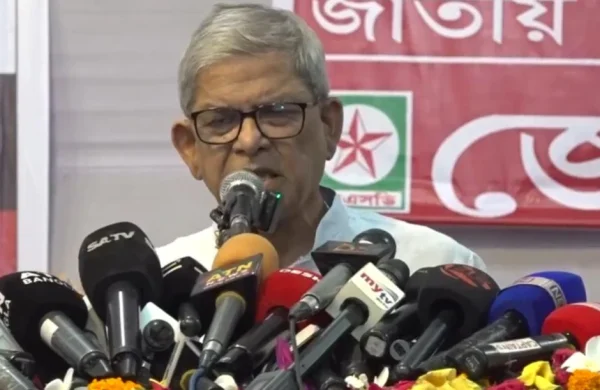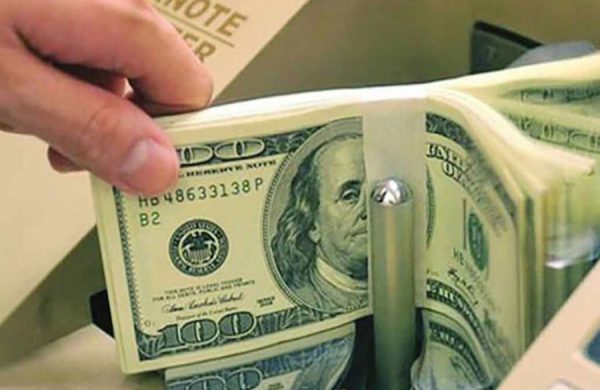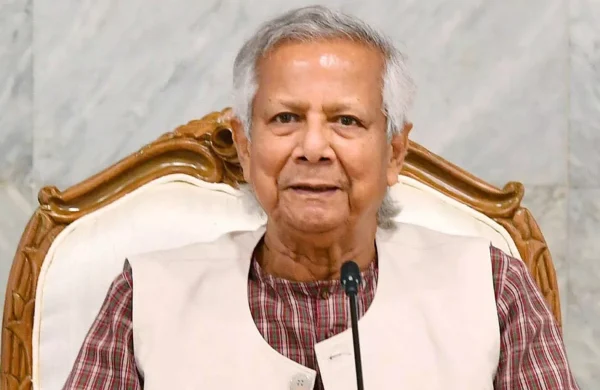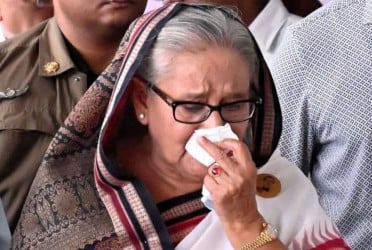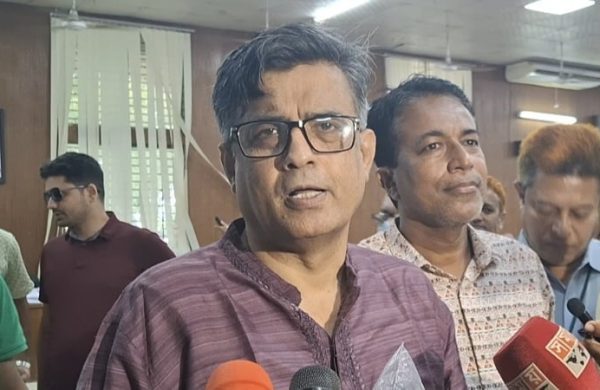Solar tariff: Open bidding slashes costs of new projects by over a third
- Update Time : Thursday, October 2, 2025
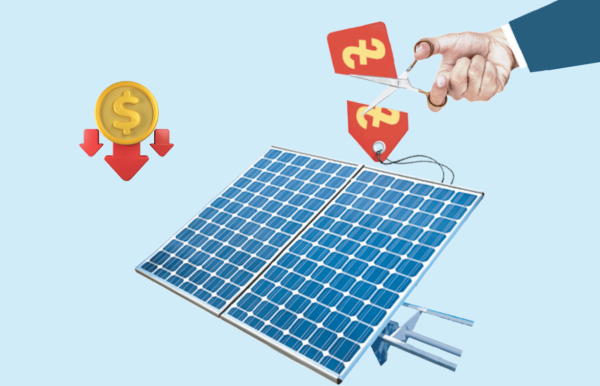
Staff Correspondent:
Bangladesh Power Development Board (BPDB) has received dramatically lower tariff offers for its ambitious nationwide solar power projects, a development that not only signals a new era for the country’s renewable energy sector but also promises substantial savings on electricity generation costs.
The average tariff quoted by bidders across tenders stands at 8.27 US cents per kilowatt-hour (kWh) – a massive 37.77% reduction from the current average solar generation cost of 13.29 cents, BPDB officials confirmed.
This competitive pricing is largely attributed to the BPDB’s recent shift to an open, competitive bidding process and a steep decline in global solar panel prices.
The new average tariff of 8.27 cents is also significantly lower than the costs of unsolicited solar projects approved under the previous government, with tariffs falling by as much as 21% compared to those earlier deals.
FROM UNSOLICITED DEALS TO OPEN BIDDING
The tariff reduction is a direct result of a policy shift following the change in government last year. The BPDB cancelled the Letters of Intent (LoIs) for 34 unsolicited solar plants (totalling 2,344MW) that were approved by the former Awami League government.
Subsequently, between December 2024 and March 2025, the BPDB floated international tenders in four separate packages for 55 grid-connected solar power plants with a combined capacity of 5,238MW.
“Of the four packages, we have so far completed technical and financial evaluations for Packages 1 and 4, and seen significantly lower tariff offers compared to the earlier unsolicited projects,” said Golam Murtaza, director of Independent Power Plant (IPP) Cell-1 at the BPDB. He noted that the technical evaluation of Packages 2 and 3 would be opened soon.
Energy experts and BPDB officials agree that the competitive tariffs are largely market-driven, primarily due to the steady decline in solar panel prices globally.
Murtaza explained the stark contrast: “When we awarded unsolicited deals earlier, the cost of solar panels was around 27 cents per watt. Now it has dropped to 8-9 cents per watt, which has played a major role in reducing solar project prices.”
The BPDB plans to forward the proposals to the power ministry by October and hopes to finalise the process by December this year, following a review and final approval by the purchase committee, according to Golam Murtaza.
REGIONAL VARIATIONS AND LOWEST BIDS
the new tariff offers show notable variations across regions, with the competitive bidding driving prices down significantly compared to the cancelled lois:
- NORTH BENGAL: Tariffs have fallen to 7.89 cents per kWh from 10.42 cents – a 24.31% reduction.
- CHATTOGRAM: The new rate is 7.95 cents per kWh, down from 12.10 cents – a 34.33% decrease.
- MYMENSINGH AND SYLHET also saw reductions of 10.58% and 8.31%, respectively.
The lowest bid overall came from a 10MW plant in Sudharam, Noakhali, quoted at 7.49 cents per kWh, followed by a 25MW project in Moulvibazar at 7.67 cents. The highest offer came from Sreemangal, Moulvibazar, where a 150MW project was proposed at 9.29 cents per kWh.
FINANCING HURDLE: THE MISSING IMPLEMENTATION AGREEMENT
Despite the promising tariff rates, a major challenge remains in securing financing, as the current interim government has decided not to enter into an Implementation Agreement (IA) with plant developers for the new projects. An IA typically acts as a government guarantee, making projects “bankable” for securing local and international loans.
Shafiqul Alam, lead energy analyst for Bangladesh at the Institute for Energy Economics and Financial Analysis (IEEFA), cautioned that the absence of a strong government guarantee could make financing difficult, as both global and local lenders require such assurances.
“Without a guarantee [such as the IA], companies may struggle to raise funds, as both global and local lenders seek such assurances,” he noted.
However, the BPDB dismissed these apprehensions. Golam Murtaza affirmed: “The IA was annulled, but we will guarantee that the BPDB will purchase electricity for at least 10 to 20 years, and no contract will be cancelled before 10 years. If the interested companies have a good profile, banks will definitely finance them.”
Shafiqul Alam noted that if these financing challenges are successfully addressed, the outcome could be transformative for Bangladesh. “If the government executes these solar projects successfully, the average tariff offered in the tenders is likely to become the benchmark in the foreseeable future,” he said. Successfully implementing these projects at 8.27 cents per kWh would likely reduce the power system’s reliance on expensive oil, resulting in significant economic benefits.



